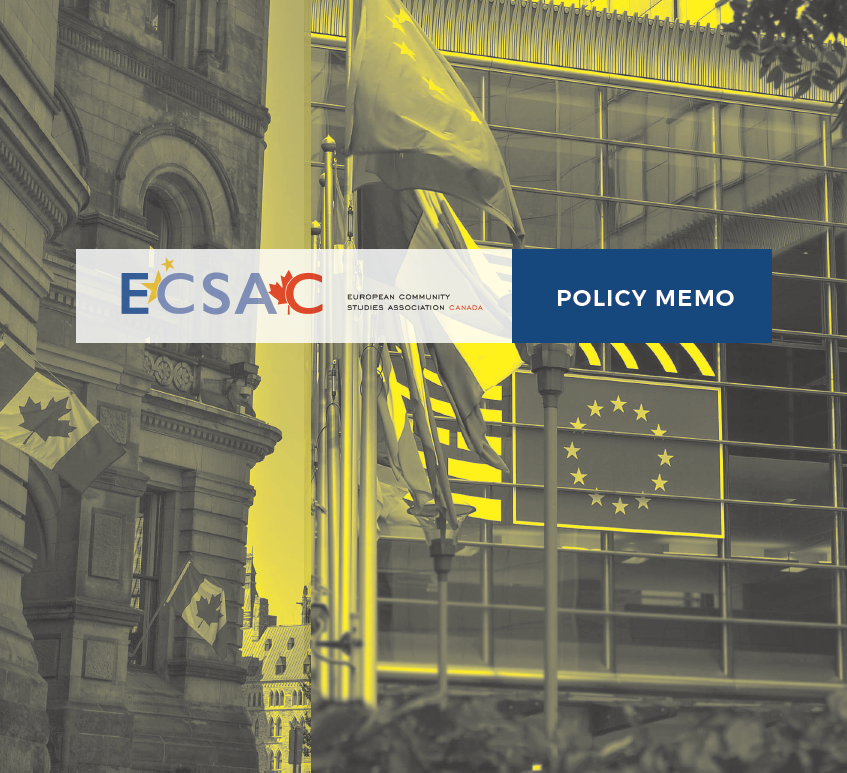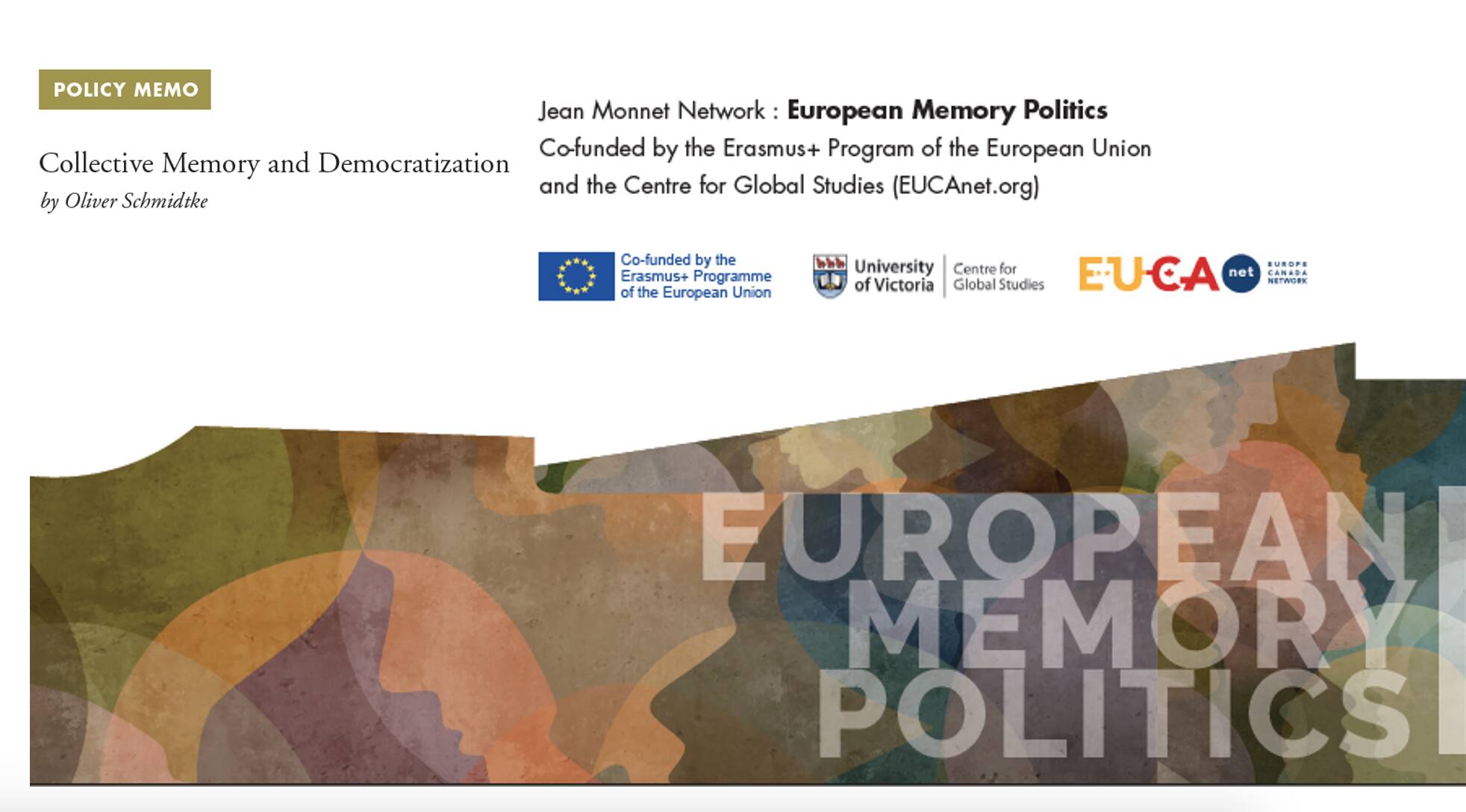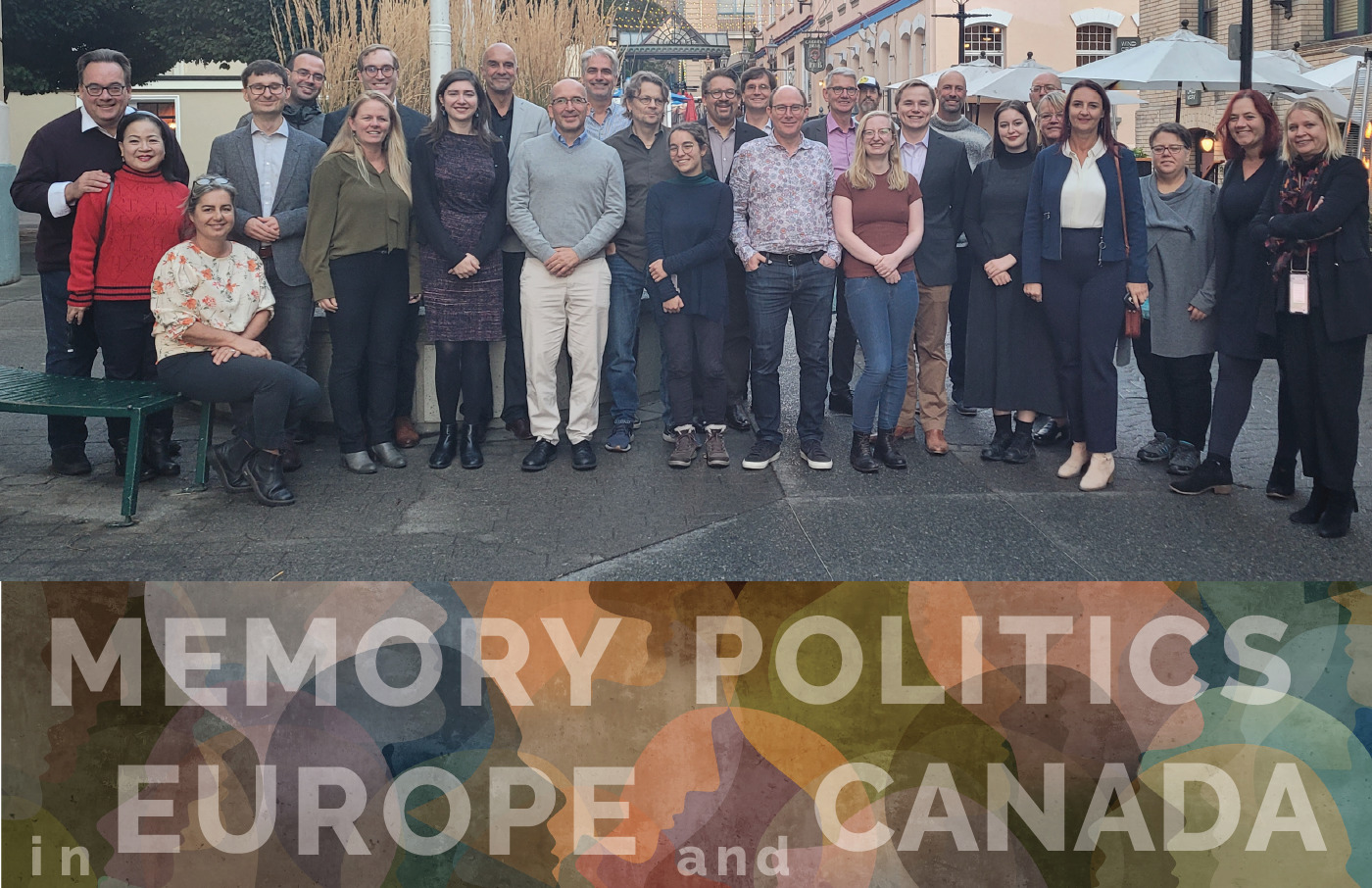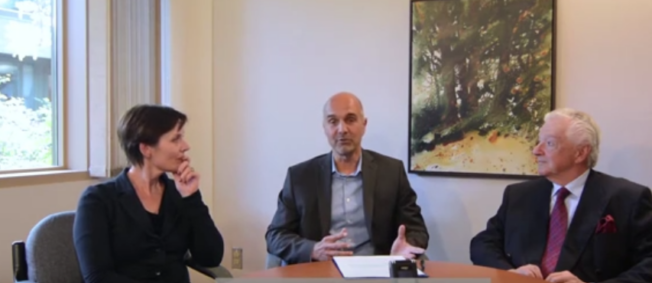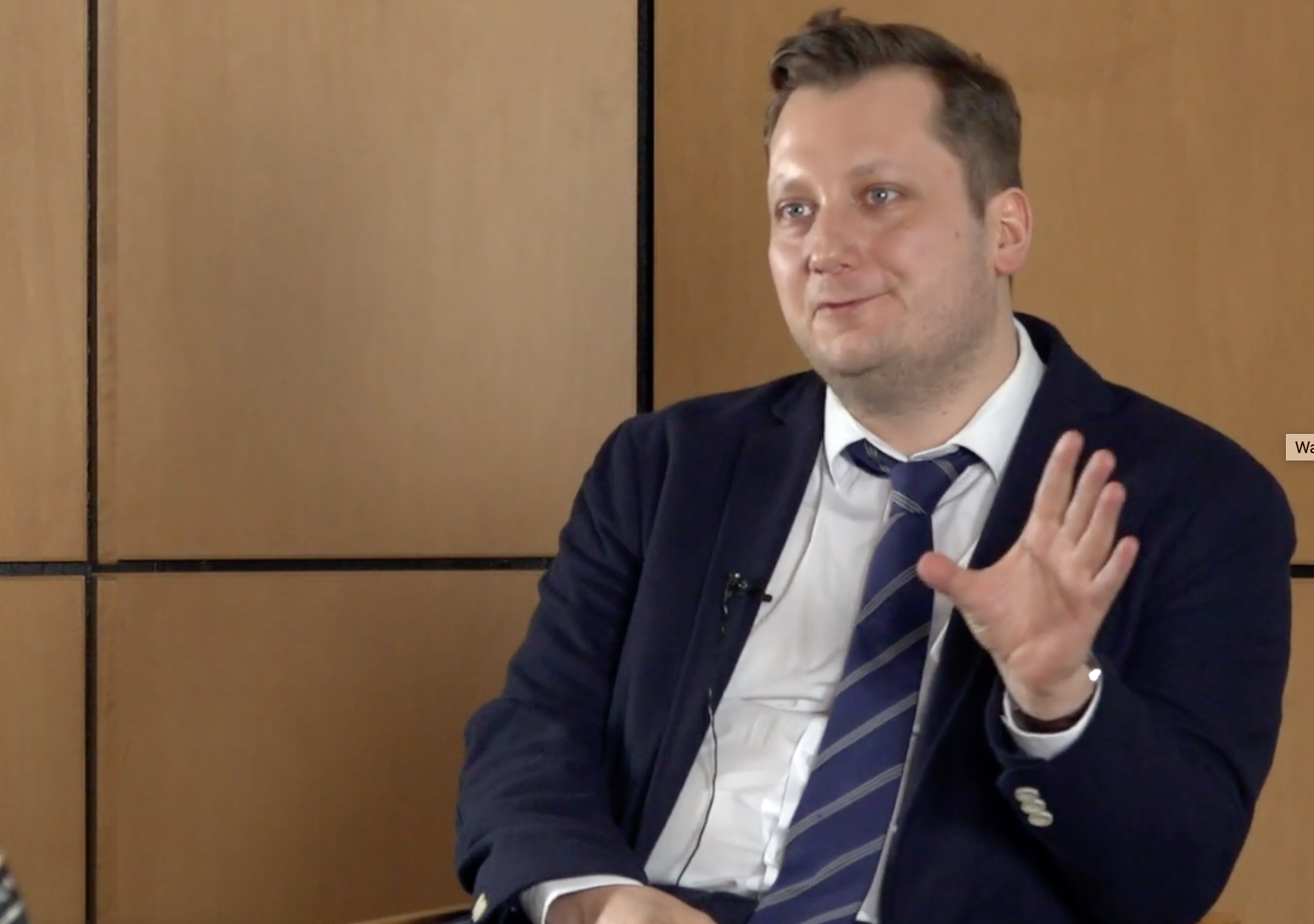Young Scholar, Thibault Biscahie: The Democratic Limits of “Anti-Populism”
Thibault Biscahie (Ph.D. Candidate, Department of Politics, York University), participated in the international conference “Constitutionalism in the Age of Populism”, March 6-8, 2020. He gave a paper on the “Democratic Limits of ‘Anti-Populism”.
Biscahie’s essay posits that “populism” does not constitute a threat or a corrective to democracy in and of itself. Instead, whether populist forces threaten or renew democracy eventually depends on the specific socio-cultural context in which they emerge and develop. As the first section of the essay demonstrates, populism can be seen as an ideology, as a discourse, or as a strategy, and this has implications for assessing its effects on the political system. Secondly, against widespread anguish regarding the “populist surge”, this essay analyzes the democratic consequences of “anti-populism” as a political discourse, strategy, and ideology in Western European countries, and in particular in France. Referring to one’s adversary as a “populist” is always pejorative and aims to discredit, neutralize and delegitimize any political claim that does not conform to the status quo. In that sense, “anti-populism” has detrimental effects on democracy inasmuch as it socially constructs political deviance through simplistic dichotomies and thus places considerable discursive framing limits on what is politically possible on ideological grounds. Ultimately, the populist zeitgeist leads – under the pressure of both “populist” and “anti-populist” political actors – to a symbolic weakening of traditional political cleavages and to their replacement by unhelpful, superficial binary categories such as “nationalists” versus “progressives”.
During the conference, Thibault Biscahie also participated in the video series on Populism and Democracy and accepted the invitation to respond to a bold question: “What are the greatest challenges that populism poses to democracy?”.
In this video, Biscahie discusses how populism is neither a corrective or threat to democracy in itself. He views the concept as strictly dependent on the very specific social, cultural and economic context in which populism emerges and develops. Biscahie contends that it is anti-populism that is more detrimental for democracy. Talking about the findings of his essay, he explains that to study anti-populism he has applied three main ways of talking about populism – populism as an ideology, as a strategy and a discourse.
From the discursive standpoint, it emerges that anti-populism often uses the label “populist” and it does so in a derogatory manner, aiming at excluding and marginalizing what anti-populists consider to not be viable on ideological grounds. Secondly, anti-populism as a strategy is frequently used by the centrists who argue that there is a struggle of reason against emotion, between expertise versus demagogy. For Bischaie, this is due to the fact that the policies of the centrists are exhausted and the only way they can keep power is to present themselves as the guardians of liberal democracy, positioning themselves always “against”. However, this is quite ironic – notes the scholar – as these politicians employ the exact same methods of the populists they supposedly hate. The scholar concludes that this kind of representation is very problematic for democracy because it restricts the range of options that are available to citizenry. Lastly, Bischaie argues that anti-populism seen as an ideology erects populism as a mode of signification that symbolically excludes certain options from political respectability. This goes in tandem with the idea that the popular classes are incompetent when it comes to the democratic process, thus paving the way for elite domination.
Short Bio
Thibault Biscahie is a doctoral candidate in the Department of Politics at York University (Toronto), where he specializes in political economy, international relations and comparative politics. He holds a Master’s degree from Sciences Po Lille and has also studied at the Université du Québec à Montréal and the Université de Provence. He is currently teaching international politics at York University as a Teaching Assistant.
His doctoral research examines the election of Emmanuel Macron through a Gramscian lens and aims to understand the implications of Macron’s neoliberal policies and Caesarist governance for France. By extension, this research project also seeks to question the claim that new ideological cleavages have transcended the Left/Right divide in a French and European context.
This video is part of the CEDoD project and was produced as part of the event “Constitutionalism in the Age of Populism”, which took place on 6-8 March, 2020 in Victoria, BC. CEDoD stands for “Canada Europe Dialogue on Democracy: Democratic Deficit and the Rise of Populism in Europe”. This project is co-funded by the Erasmus+ Jean Monnet Action of the European Union, the Centre for Global Studies, University of Victoria, the Social Sciences and Humanities Research Council of Canada (SSHRC), the Faculty of Law at the Eötvös Loránd University (ELTE), the Australian Government through the Australian Research Council and the University of Victoria: the Faculty of Law, the Centre for Global Studies, Vice President Research Office, Faculty of Humanities and the Faculty of Social Sciences. The European Union support for the production of publications does not constitute an endorsement of the contents which reflect the views only of the authors, and cannot be held responsible for any use which may be made of the information contained therein.
